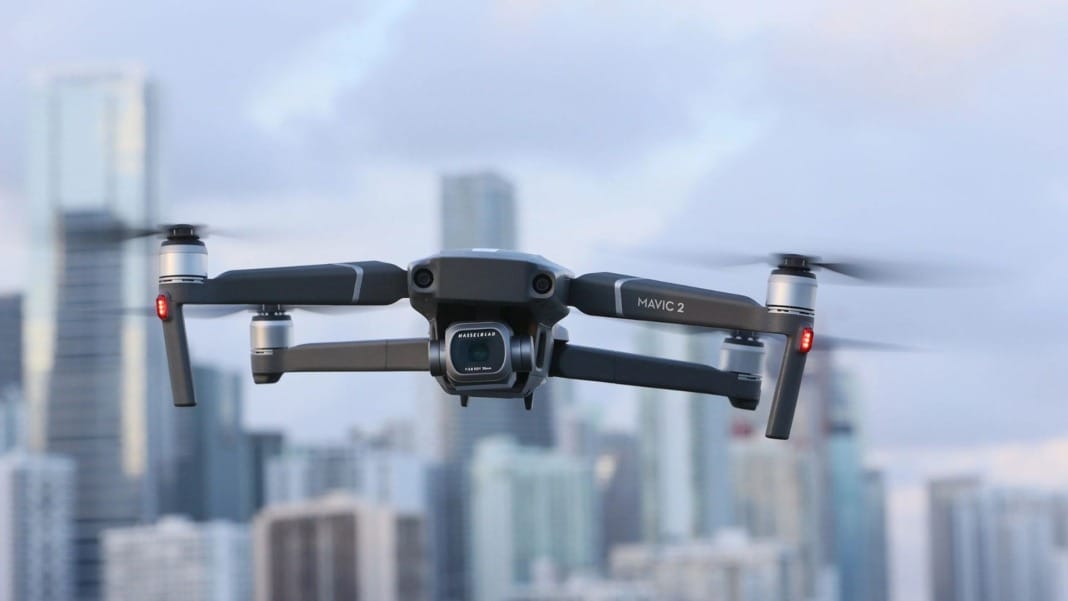Penguin Random House, one of the world’s largest book publishers, has taken a clear stance against artificial intelligence (AI) training. All new and reprinted books will feature a specific clause on their copyright page that prohibits using their content for AI training purposes. The updated wording reads, “No part of this book may be used or reproduced in any manner for the purpose of training artificial intelligence technologies or systems.” This move, first reported by The Bookseller and later picked up by Gizmodo, positions Penguin Random House as the first major publisher to address AI on its copyright pages.
A new approach to protecting authors
This clause also highlights Penguin Random House’s intent to protect its authors and artists, particularly in the growing landscape of AI technology. The publisher has clarified that it “expressly reserves this work from the text and data mining exception,” as outlined by European Union (EU) laws. In simple terms, this means that they are actively preventing AI systems from using their books for data mining, a process often utilised to train AI models.
Text and data mining refers to scanning large amounts of data, such as books, to extract useful information. Penguin Random House firmly states that their content cannot be used without their explicit consent. This is an important step, given the growing debate about the ethical use of AI in creative industries.
While the clause may appear bold, it is only partially enforceable as a legal mechanism in every jurisdiction. It functions more as a deterrent or warning, similar to how websites employ a “robots.txt” file to request that AI systems not scrap their content. However, like robots.txt, it isn’t legally binding. Copyright protections, however, remain in place regardless of whether this clause appears, and existing laws around fair use still apply.
Industry divided on AI use
Penguin Random House’s move highlights a growing divide within the publishing world. While Penguin Random House works to safeguard its content from AI exploitation, not all publishers share this cautious approach. In contrast, several academic publishers, including Wiley, Oxford University Press, and Taylor & Francis, have already established agreements to allow their content to be used for AI training. These deals indicate that not all publishing houses are approaching the issue with the same level of restriction.
Penguin Random House’s firm stance was reinforced in August when the company released a statement pledging to “vigorously defend the intellectual property that belongs to our authors and artists.” This commitment indicates that the publisher sees AI as a potential threat to the value of creative work and is prepared to take action to protect the interests of their authors.
As AI continues to develop and integrate into various sectors, the issue of how it interacts with copyrighted materials will likely become a central topic. Penguin Random House is taking a proactive stance, signalling that it will fight to keep its works out of AI training systems without permission. Time will tell whether this approach will lead to widespread industry changes or if other publishers will continue pursuing AI training opportunities.





